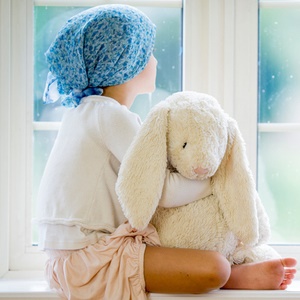While Childhood Cancer is “relatively rare” with an incident rate of around 1 in 600, or 150 patients per million in South Africa, too many children with Cancer are dying needlessly because cancer, including Childhood Cancer, is not a priority in South Africa.
The cure rate for Childhood Cancer in high income countries is around 80% but childhood cancer survival rates in low-income countries may be as low as 10%.
This is extremely disturbing when one factors in that out of the 250 000 children diagnosed worldwide with cancer every year, 80% live in low and middle-income countries and 90% of childhood cancer deaths occur in low and middle-income countries.
This is partially due to a lack of awareness of Childhood Cancer which leads to late diagnosis, and partially due to many Childhood Cancer patients falling through the cracks when it comes to support services, which are sorely lacking from government.
Huge Inequality to Surviving Childhood Cancer in SA
According to Professor Janet Poole, who heads the Paediatric Oncology Unit at Charlotte Maxeke Johannesburg Hospital, apart from all the advances in supportive care, diagnostic tests and surgery, the best treatment for a child with cancer is to be looked after at a dedicated Paediatric Oncology Unit manned by a team of people
“I believe that every child should be afforded the best treatment, no matter who they are or where they come from,” she said.
Poole added that working at a state hospital came with challenges:
“Because of the burden of infectious diseases and the HIV epidemic, there is not really a priority for non-communicable diseases such as childhood cancer. There is therefore a huge inequality when it comes to surviving childhood cancer.”
Importance of the Right Support System
A good support network is as important for survival as the treatment itself. While emotional support is key, it is also crucial for parents of young cancer survivors to encourage a healthy and active lifestyle as soon as treatment is over and the child is starting to recover.
Surviving cancer is a great thing, but it’s only half the battle – the battle is never over for many young cancer survivors who often continue to face many challenges after the completion of treatment.
It is often difficult for children and teenagers to resume a normal life in areas like school, work and relationships after cancer treatment.
Researchers studied 215 cancer survivors between 14 and 39 years of age who completed questionnaires about their social functioning at 4, 12 and 24 months after cancer diagnosis. Around 33% reported low social functioning throughout the study period.
According to the researchers, the difficulties could stem from the transition from treatment to “off-treatment survivorship – a time fraught with challenges“. Survivors with low scores on social functioning also had high levels of distress.
It is important that Childhood Cancer survivors have a continued source of support outside of their family – a support programme or support group is very helpful but should include similar-age survivors, as youngsters do not find “being in a support group with ‘people my grandma’s age’“to be all that helpful.
NPOs Picking up the Slack
In South Africa especially, it is left up to Non-Profit Organisations such as the Little Fighters Cancer Trust to pick up the slack and help those who fall through the cracks – generally middle to low-income families, to cope with the emotional, financial, and other stressors while their child is fighting this dread-disease.
It is also these organisations that are creating Childhood Cancer Awareness, not the government!
What is absolutely SHOCKING is the fact that many of these organisations who are doing such great work receive NO GOVERNMENT FUNDING, basically due to politics!
The Little Fighters Cancer Trust is one of those organisations that does not receive any government funding yet helps in excess of 2000 families across the nation every year. The reason for that is purely political… and possibly also due to the high amount of corruption within government circles.
It is for this reason that NPOs such as the Little Fighters Cancer Trust need private and corporate funding in order to continue the good work that they do – Helping Children with Cancer & their Families cope!!
The Little Fighters Cancer Trust is a registered NPO with PBO status. This affords private and corporate donors the taxation benefits as set out in Section 18A.
Source: Why is Childhood Cancer not a Priority in South Africa?




Most Commented